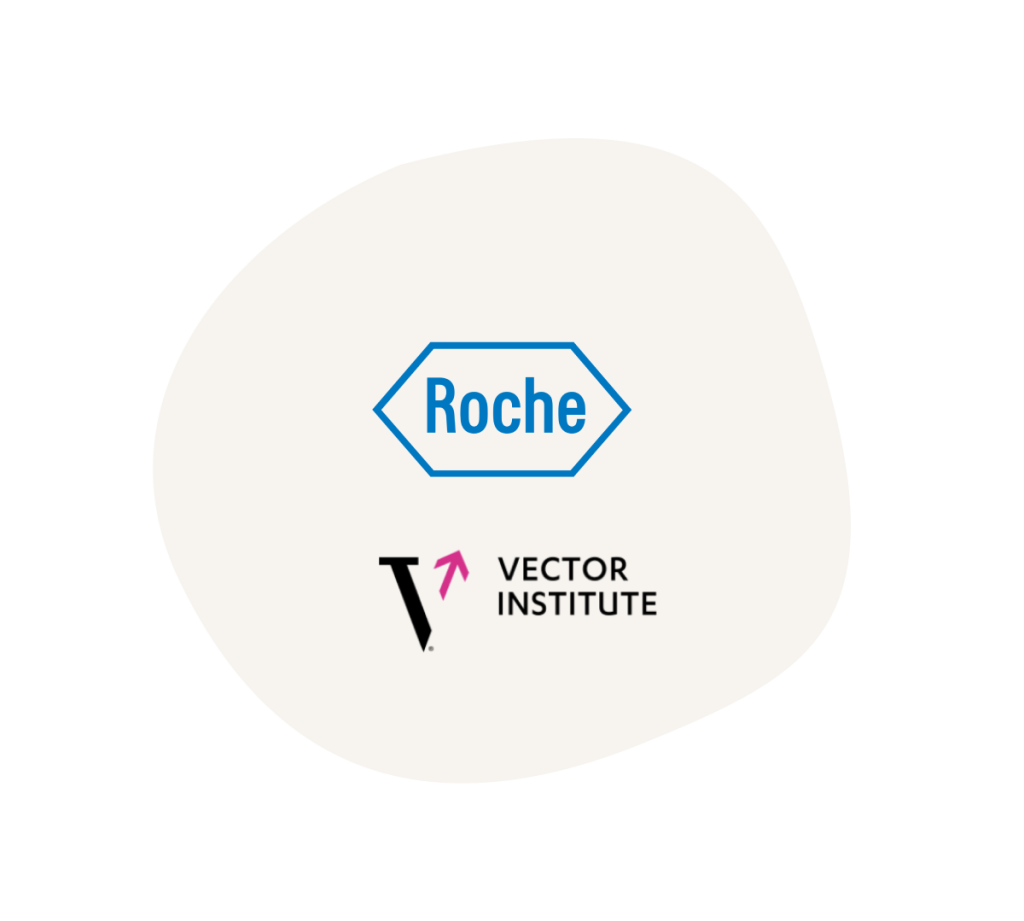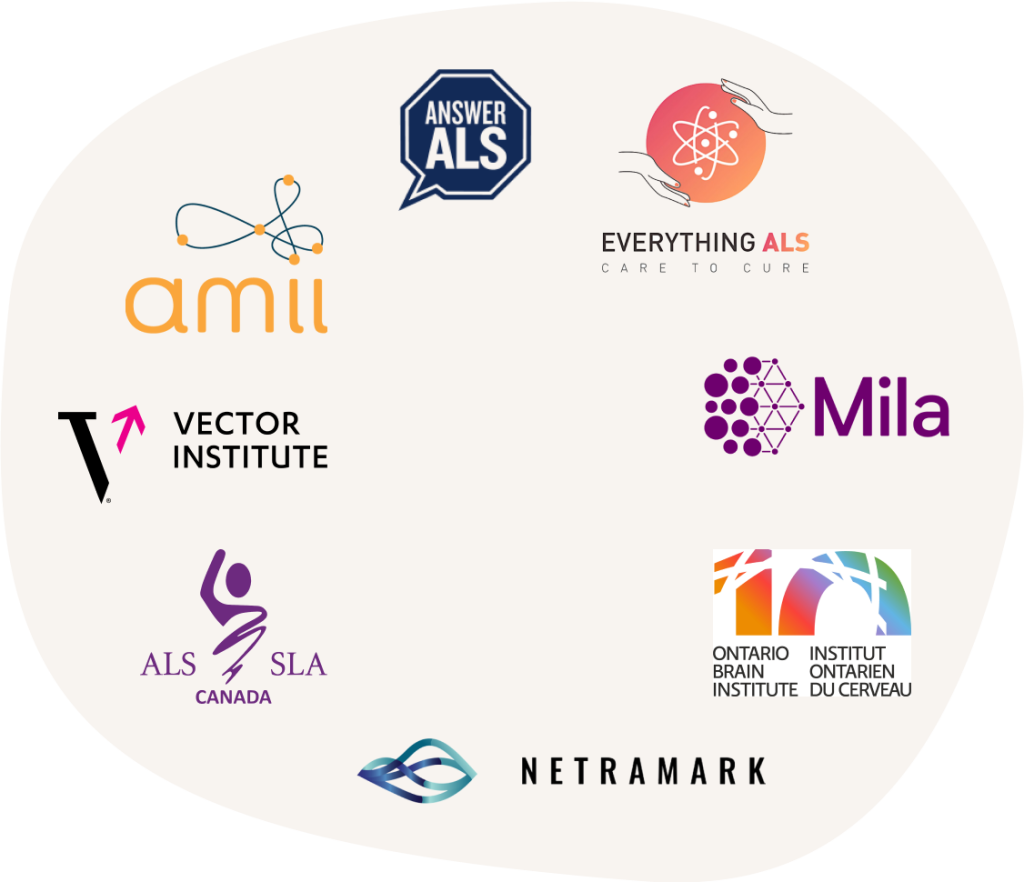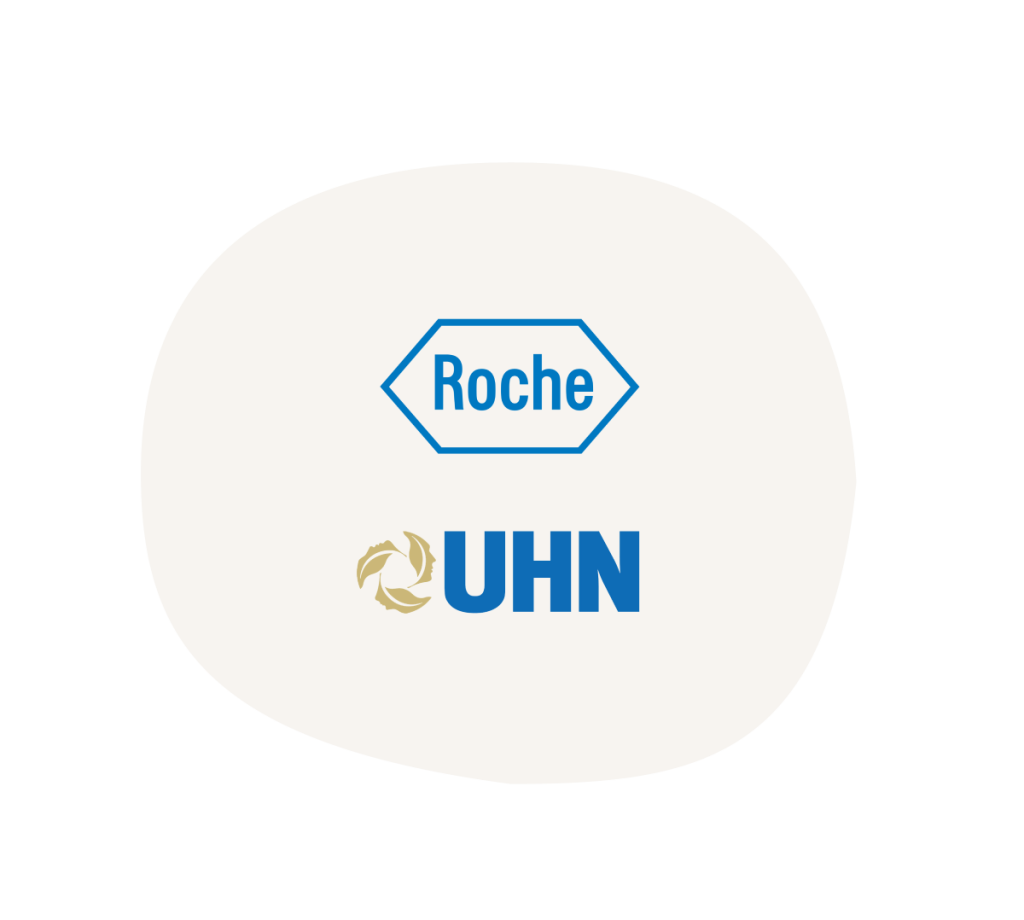Hoffmann-La Roche Limited (Roche Canada) is committed to working with the global community to develop solutions to the challenges of the SARS-CoV-2 (COVID-19) pandemic. We believe that an important way in which the world can win this fight is through the sharing of knowledge and healthcare data to better inform patient care and health system decision making.
To help achieve this, we have assembled a group of like-minded public and private organizations with a common mission and vision to bring actionable COVID-19 intelligence to patients, frontline healthcare providers, institutions, supply chains, and government. We call ourselves the Roche Data Science Coalition.
COVID-19 Database
Together, we have developed a centralized location, housed by ThinkData Works’ Namara platform, for curated publicly available population datasets which will be gathered from sources across the globe. The data collected through the Roche Data Science Coalition will be used to enhance COVID-19 research datasets focused on informing the management of the global COVID-19 pandemic and will provide the scientific and research community with a robust foundation for current and future COVID-19 patient-level data work. The Roche Data Science Coalition collaborators, as well as patients, clinicians, infectious disease specialists, epidemiologists and data scientists will use this data to accelerate research efforts, evaluate solutions and ensure knowledge mobilization globally.
Data Challenges
The Coalition believes that it is critically important that the response to the COVID-19 pandemic includes the convening of a community to work together in developing actionable resources.
One example of this is through the Roche Data Science Coalition’s online challenge administered by Kaggle called United Network for COVid-19 Data Exploration and Research (“UNCOVER”). Coalition datasets will be made accessible to the public on the Kaggle website. In addition, we are requesting a community of 4.3 million machine learning scientists to answer questions that will focus on capacity management and research studies for COVID-19.
Another method is through ensuring that available data is translatable. Assessing Canada’s response to COVID-19 helps us understand the impact of the measures we have undertaken and how we are doing on a global level. The Roche Canada: COVID-19 Insights Report provides context specific information regarding the use of COVID-19 testing strategies, social distancing policies and the current state of incidence both via standard reporting and prediction models. The report is based on publicly available datasets from the European Centre for Disease Prevention and Control, Ourworldindata, Worldometer, and the Google Mobility Report. The edition featured here is the latest in a series of reports which will be updated regularly.
Insights into Health System Capacity Challenges
The data will also help to identify resource constraints in treating the global COVID-19 patient population. Understanding capacity issues will help our healthcare workers get the right healthcare to the right people at the right time – for example, knowing how many patients might require ventilators. The Roche Data Science Coalition partners will utilize our existing stakeholder channels to communicate important repository data insights to patients, hospitals, industry and government.
Patient Self-Evaluation
Patient level data is an important part of understanding and responding to COVID-19. The Coalition is making available a patient self-assessment tool that can be used by anyone suspected to have, or has been diagnosed (currently being treated or recovered) with COVID-19. This assessment tool is supported through our collaborator, Self Care Catalysts and their free app Health Storylines. Patients can report data into the Health Storylines app, and then an anonymized COVID-19 dataset will be prepared and shared with the Roche Data Science Coalition data repository, where it will be made freely available to the research community. The Health Storylines app also includes functionality allowing patients to print their self assessment or display it on the Health Storylines app, and share it with their healthcare professional, providing an overview of their symptoms and health history. This could help HCPs to make more informed and efficient assessments based on the patient’s data.
How You Can Get Involved
Patients
Patients who are interested in contributing to this project can access the self-assessment tool via the Health Storylines app.
Organizations
Like-minded organizations are being sought to contribute expertise, datasets and communication channels to our patients, hospitals and research communities to enable the Roche Data Science Coalition to develop and provide actionable insights in a timely manner.
The types of datasets we are looking for are epidemiological data such as population census data, morbidity and mortality records, medical records, insurance claims, billing records, travel records, surveys of individuals or households. You can reach us at [email protected].



